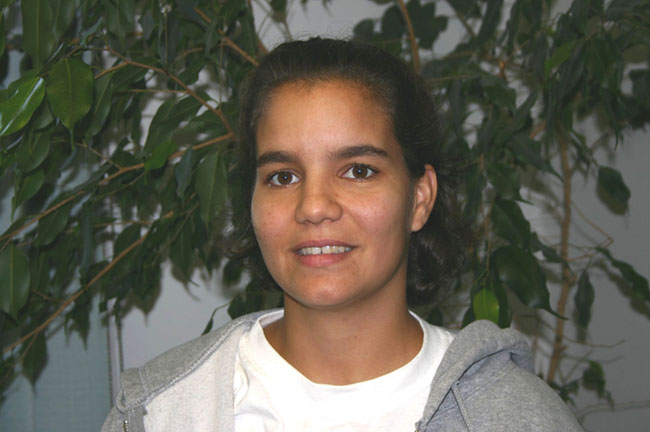Women’s work is never done

By Holly Brodhagen
Recently my family was enjoying an episode of Little House on the Prairie when a comment was made by one of the TV show’s characters about “women’s work”.
This sparked a conversation with my two girls. What is women’s work? Why could only women do it? What is men’s work and can women not do that too?
It was an interesting conversation but also a difficult one.. I explained about the history of gender roles and even about the feminist movement. As a woman, I emphasized that my girls could do anything that they put their mind to. That yes, they might have to work harder at it, but that nothing should get in the way of their dreams.
As a mother, I explained that sometimes woman make choices that mean they do “women’s work” where they stay home with their children, clean a house, bake cookies, and generally fall into the historical role of women. I also pointed out that many men do those same jobs for their children.
I want to raise strong independent women who know that they can take care of themselves. I want them to know that they have choices and that the decisions they make will help determine what roles they take on. Do they want to be in a relationship, and, if so with whom? Do they want a career? How about children? What sacrifices are they willing or not willing to make?
I thought my answers were smart and age-appropriate until my older girl questioned why daddy did “man’s work” (i.e. cutting wood). Interesting!!! Again it is about choices, that men can also do women’s work. I explained that a lot of time we do things like our parents did and don’t realize we might only be doing “men’s or women’s work”.
After the conversation went round and round for awhile she seemed satisfied and walked away but it left me thinking. Since I love cooking, baking, sewing, crafts and taking care of my children, was I teaching them about women’s work? But since I also enjoy building and fixing things does it also show them that I do men’s work? Am I comfortable even making a distinction between the two? How can I convince my children that there shouldn’t be a difference between men’s and women’s work if the people around them fall into those roles.
And then what about our culture and the roles that men and women take on, how do I teach that? What about gender-based ceremonies or traditional roles? How do I help them blend tradition with modern?
I am still unsure where I stand on a woman’s work or man’s role in the world. I refuse to pretend that there is not a separation between the two and yet I am not sure whether I should make my children aware of it.
How do you see your role in the world, whether at home, work or in society in general? How have you and will you define yourself? How would you teach others about the similarities and differences between men and women?
Holly Brodhagen is a citizen of Dokis First Nation, She holds a Master’s Degree in Social Work.


